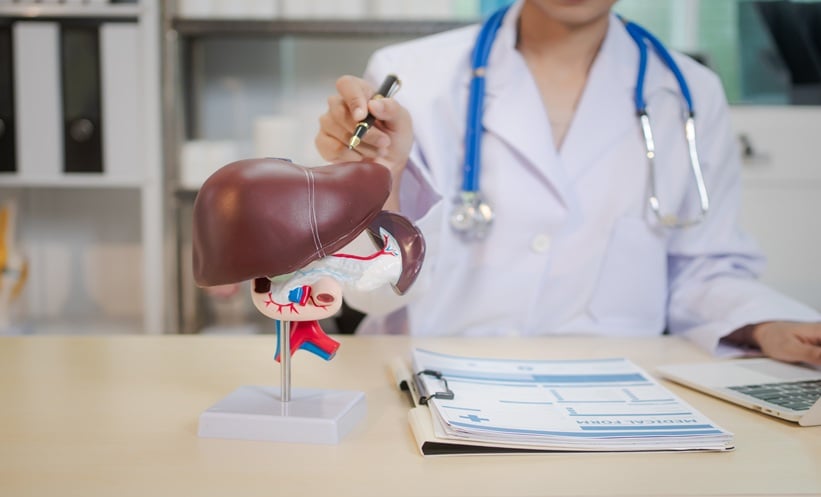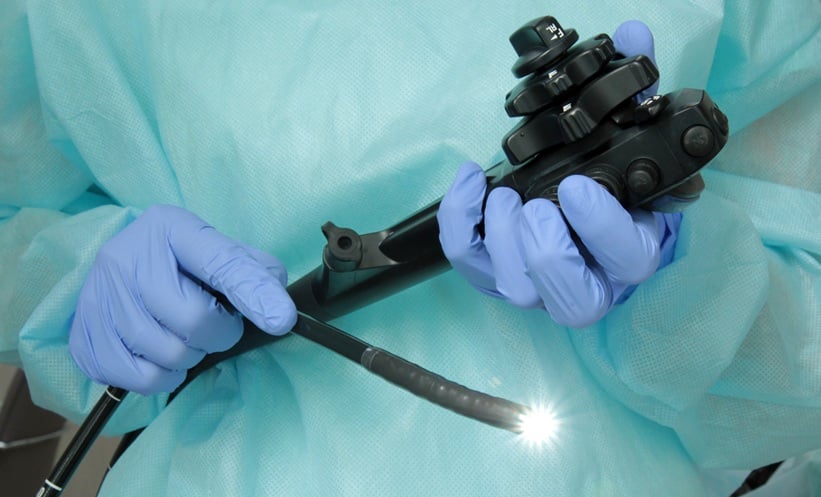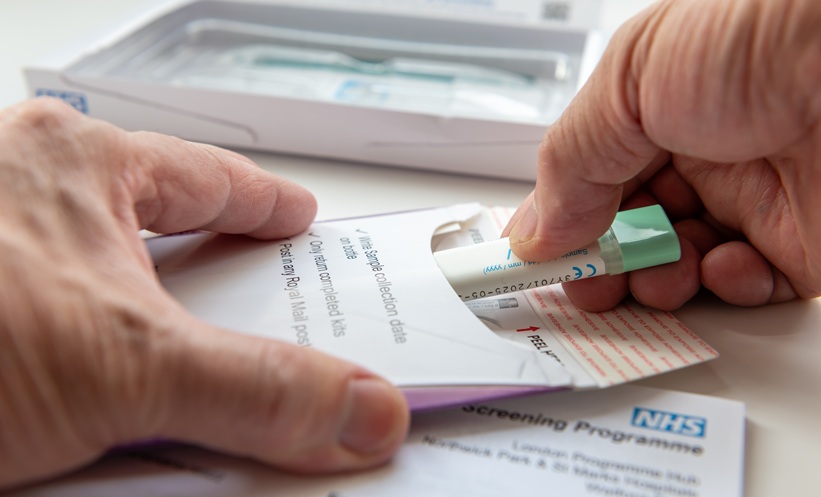Liver cancer is one of the fastest-growing causes of cancer death in Europe, with experts warning that mortality will rise sharply over the next decade without immediate and coordinated public health action. Speaking at UEG Week 2025 in Berlin, United European Gastroenterology (UEG) and the German Society for Gastroenterology, Digestive and Metabolic Diseases (DGVS) unveiled a joint statement outlining urgent measures to reverse the trend of increasing hepatocellular carcinoma (HCC) cases.
A growing public health threat
The liver cancer burden in Europe has risen dramatically over the past three decades, with age-standardised incidence and mortality rates steadily climbing between 1990 and 2021. In 2022 alone, more than 50,000 lives were lost to liver cancer in the EU, with men disproportionately affected. HCC, the most common form of primary liver cancer, accounts for most of these cases.
Patrizia Burra, Chair of the UEG Public Affairs Group, warned that coordinated, evidence-based action is now essential: “A unified strategy is critical to halting the rising toll of liver cancer in Europe. We must focus on both prevention and early detection to make meaningful progress.”
Prevention through lifestyle and policy
Experts emphasised that preventing HCC starts with addressing its root causes. Metabolic dysfunction–associated steatotic liver disease (MASLD), driven by obesity, Type 2 diabetes, and sedentary lifestyles, is now a leading cause of liver cancer, alongside alcohol misuse and chronic hepatitis B and C.
“Prevention also begins with adequate nutrition,” Burra noted. “A Mediterranean-style diet lowers MASLD risk, while a high intake of ultra-processed foods increases liver cancer risk. But prevention must go beyond individual choices. Public policy interventions, better food labelling, restricting junk food marketing to children, early nutrition education, and stronger physician training are vital.”
Detecting liver cancer early saves lives
While prevention addresses long-term risks, early detection remains the key to saving lives. Early-stage HCC is often asymptomatic but curable if caught in time, yet most cases are diagnosed too late due to low awareness and unequal access to screening.
The UEG and DGVS recommend risk-based surveillance, focusing imaging and biochemical testing on high-risk individuals, including those with advanced liver disease or MASLD, while avoiding unnecessary screening for low-risk groups.
Birgit Terjung, DGVS Board Member, stressed the urgency of implementing structured programmes: “Catching liver cancer early saves lives. Risk-based surveillance focuses resources where they are needed most, improving survival while reducing unnecessary testing.”
A call to action
The joint statement urges policymakers across Europe to:
-
Recognise liver cancer as a preventable and urgent public health priority.
-
Implement and fund structured HCC surveillance programmes guided by risk thresholds.
-
Support public health initiatives to reduce obesity, alcohol misuse, and hepatitis transmission.
-
Expand physician training in nutrition and hepatology.
-
Ensure equitable access to imaging and diagnostic tools.
-
Introduce taxes on obesogenic foods and reduce costs for healthy alternatives.
-
Promote EU-wide front-of-pack nutrition labelling systems, such as Nutri-Score.
Concluding the statement, Terjung said: “The evidence, tools, and strategies are already available. What’s needed now is the political will to act. From prevention to early detection and equitable access to care, every stakeholder has a role to play if we are to turn the tide on liver cancer.”








